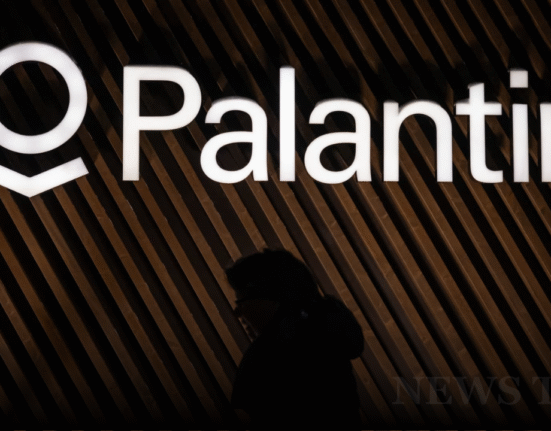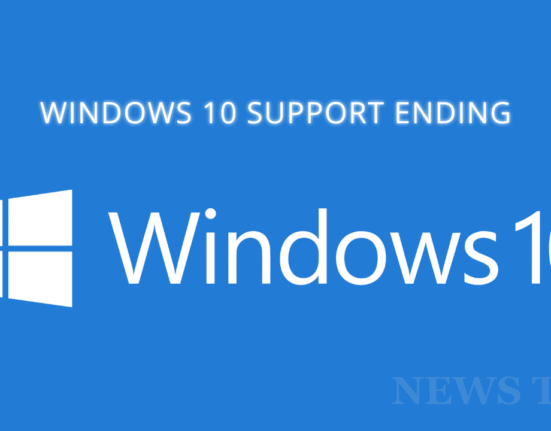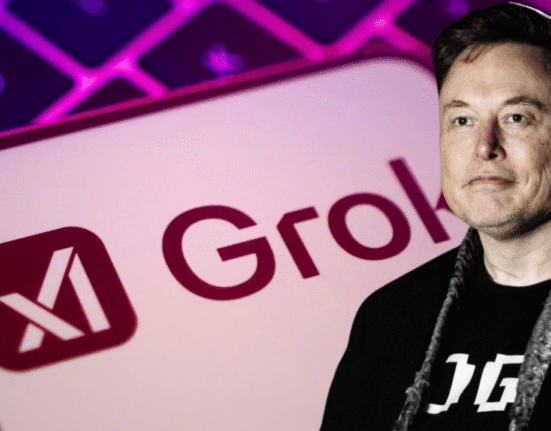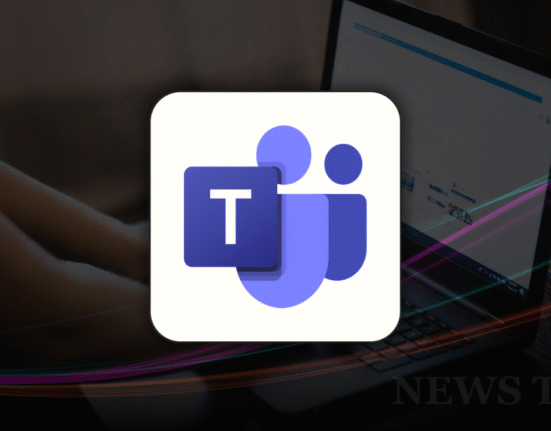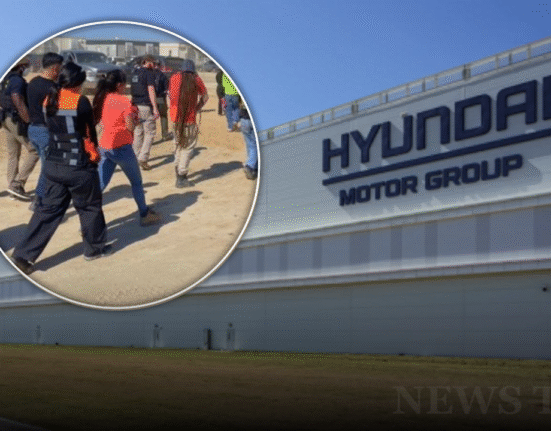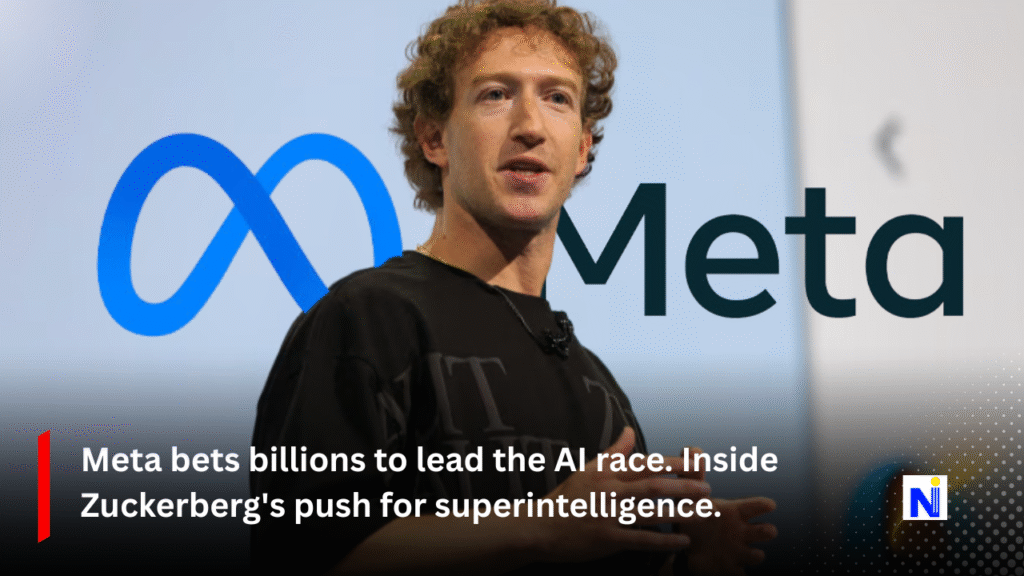
Artificial intelligence is reshaping everything — from how we search the web to how we write emails. But while many tech companies are racing to develop smarter AI, Meta is taking it up a notch. Mark Zuckerberg isn’t just investing in AI — he’s betting billions to lead the next era of artificial superintelligence.
What’s Going On at Meta?
Meta, the company formerly known as Facebook, is pouring money into an ambitious goal: to build artificial superintelligence (ASI). That’s not just a fancy AI chatbot. ASI refers to AI that can outperform humans in virtually all forms of intellectual work. Think of it as the theoretical peak of AI evolution — and Zuckerberg wants Meta to get there first.
This vision might sound like science fiction, but Meta is treating it as a race against time — and rivals. According to multiple reports, Zuckerberg is offering eye-popping compensation packages (some as high as $100 million) to attract top AI talent from competitors like OpenAI, Apple, and Google.
Why the Rush Toward Superintelligence?
Mark Zuckerberg is in a kind of redemption arc. After Meta’s heavy investment in the metaverse failed to make a splash, the company pivoted hard into AI. Now, building superintelligence isn’t just a moonshot project — it’s a strategic bet to redefine Meta’s legacy.
According to Zuckerberg:
“For our superintelligence effort, I’m focused on building the most elite and talent-dense team in the industry.” — Threads post, July 2025
Follow the Money: Meta’s Billion-Dollar Investments
To make this dream a reality, Meta isn’t sparing any expense:
- $14.3 billion investment in Scale AI, a leading data-labeling startup.
- Hiring Alexandr Wang (Scale AI founder) to lead the new Meta Superintelligence Lab.
- Recruiting Nat Friedman, former GitHub CEO, and top engineers from Apple, OpenAI, and Google.
- Building a massive infrastructure of GPU clusters and AI chips.
Meta may not have a cloud business like AWS or Azure, but it’s making sure its tech stack is ready to support next-gen AI models. It’s also partnering with Amazon Web Services to bring its Llama models to startups.
Who’s Joining Meta’s AI Dream Team?
Some of the brightest minds in AI are now under the Meta roof. While Meta hasn’t publicly listed all hires, here are some key figures reportedly on board:
- Alexandr Wang – Now leading the Meta Superintelligence Lab
- Nat Friedman – Former GitHub CEO and AI enthusiast
- Ex-OpenAI researchers
- Apple engineers with specialization in on-device machine learning
- Talent from Google DeepMind and Anthropic
Zuckerberg’s hiring spree has reportedly led to signing bonuses ranging from tens of millions to over $100 million, as claimed by OpenAI’s Sam Altman.
Why This Matters for Meta’s Future
Meta’s pivot to AI isn’t just about staying relevant — it’s about owning the next platform. In the mobile era, Meta had to depend on Apple and Google. But in the AI era, Zuckerberg wants Meta to be the foundation.
What Analysts Are Saying
Some remain skeptical:
“Its attempts to directly compete with the likes of OpenAI … are proving to be more challenging for the company while costing it billions of dollars.” — Minda Smiley, Emarketer
Others believe the move could pay off:
“Meta has the cash, the user base, and now it’s stealing top talent. If anyone can pull this off, it’s Zuckerberg.” — Angelo Zino, CFRA Research
Could Meta Actually Build Superintelligence?
While building ASI might still be years (or decades) away, the key is control. If Meta owns the most powerful model, it can:
- Integrate AI deeply across its apps (Instagram, WhatsApp, Facebook)
- Develop new consumer products powered by AI
- Create entirely new business models
According to AI consultant Zack Kass:
“If Zuckerberg builds superintelligence that cures cancer, he doesn’t have to talk about Facebook groups anymore as being his lasting legacy.”
What Makes Meta Different in the AI Race?
Meta isn’t first in this game — OpenAI, Google DeepMind, and Anthropic have been ahead in many ways. But what Meta does have is:
- Scale: Billions of users across platforms
- Infrastructure: Billions spent on data centers and GPUs
- Aggression: Willingness to pay whatever it takes to get the best talent
It’s a Silicon Valley-style gamble — and Zuckerberg is all in.
Meta’s Llama 4 and What’s Next
Meta’s latest model, Llama 4, had a rocky rollout, reportedly delayed due to team issues. But that failure may have ignited Zuckerberg’s resolve to bring in a stronger team.
Expect Meta to:
- Release larger, more powerful models
- Open-source parts of its models to win developer support
- Push AI deeper into the core Meta experience
The Big Picture
If Meta succeeds in building artificial superintelligence, it could become the most influential tech company of the next decade — far beyond its roots in social media.
The road ahead won’t be easy. There are ethical, regulatory, and technical hurdles. But with billions in cash and a growing team of AI rockstars, Zuckerberg is clearly willing to play the long game.
Q1: What is artificial superintelligence (ASI)?
ASI refers to a type of AI that surpasses human intelligence in all areas — from creativity to scientific reasoning. It’s more advanced than what we currently call “general AI.”
Q2: Why is Meta investing so heavily in AI?
After its metaverse plans underperformed, Meta shifted focus to AI as the next big opportunity to dominate a foundational tech platform.
Q3: Are Meta’s $100M compensation offers real?
While Zuckerberg has pushed back on the exact figures, multiple reports suggest Meta has offered packages close to or above $100 million to top AI talent.
Q3: What does this mean for Meta’s users?
Users may soon see smarter AI features in apps like Facebook, Instagram, and WhatsApp — from smarter chat assistants to AI-generated content tools.


